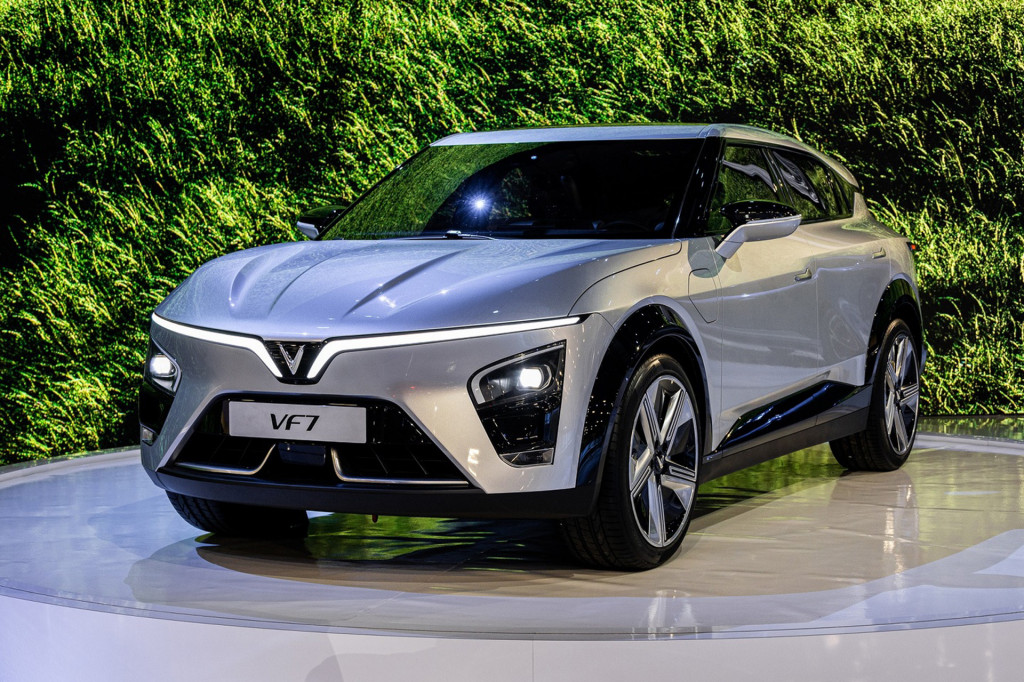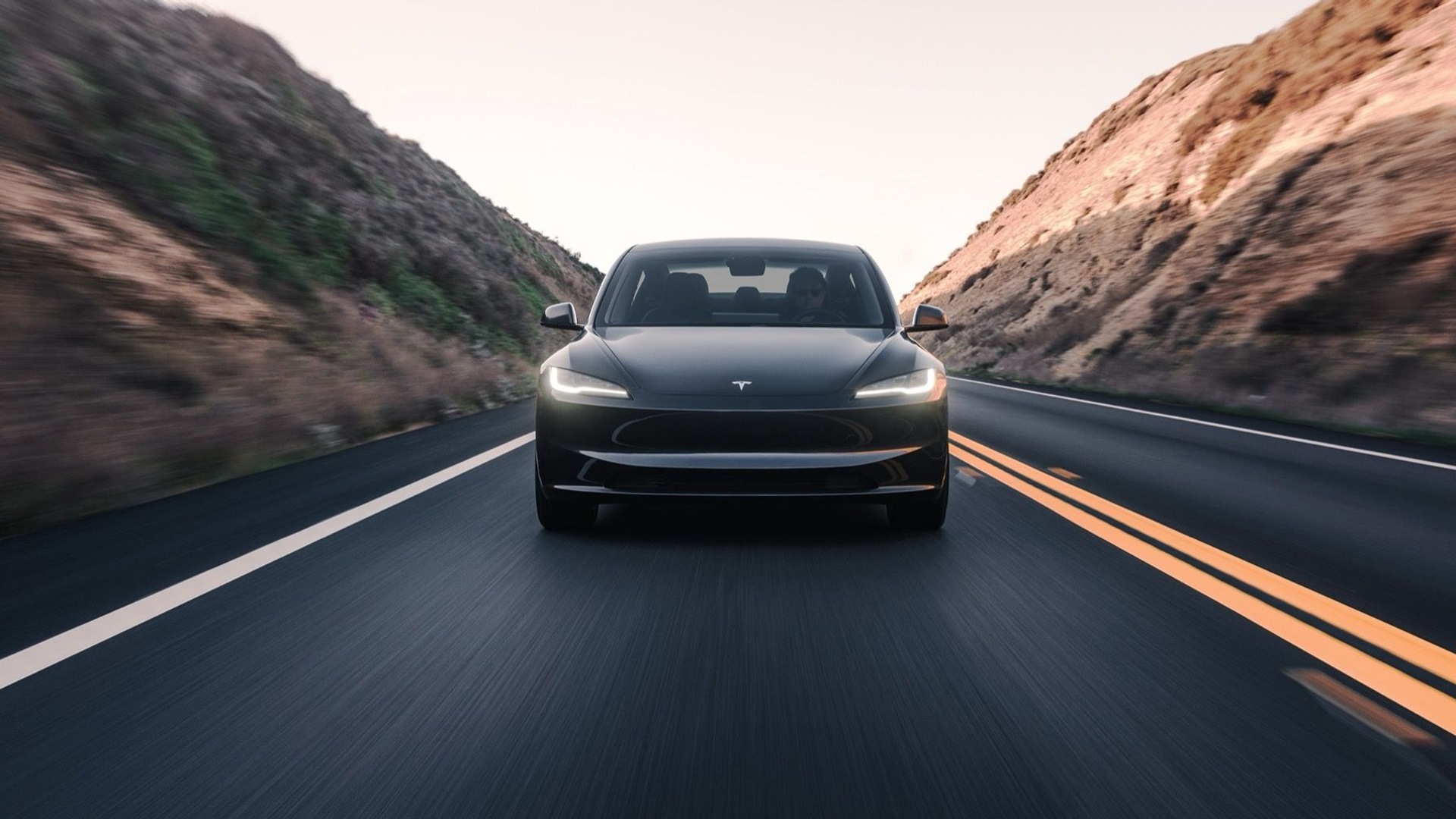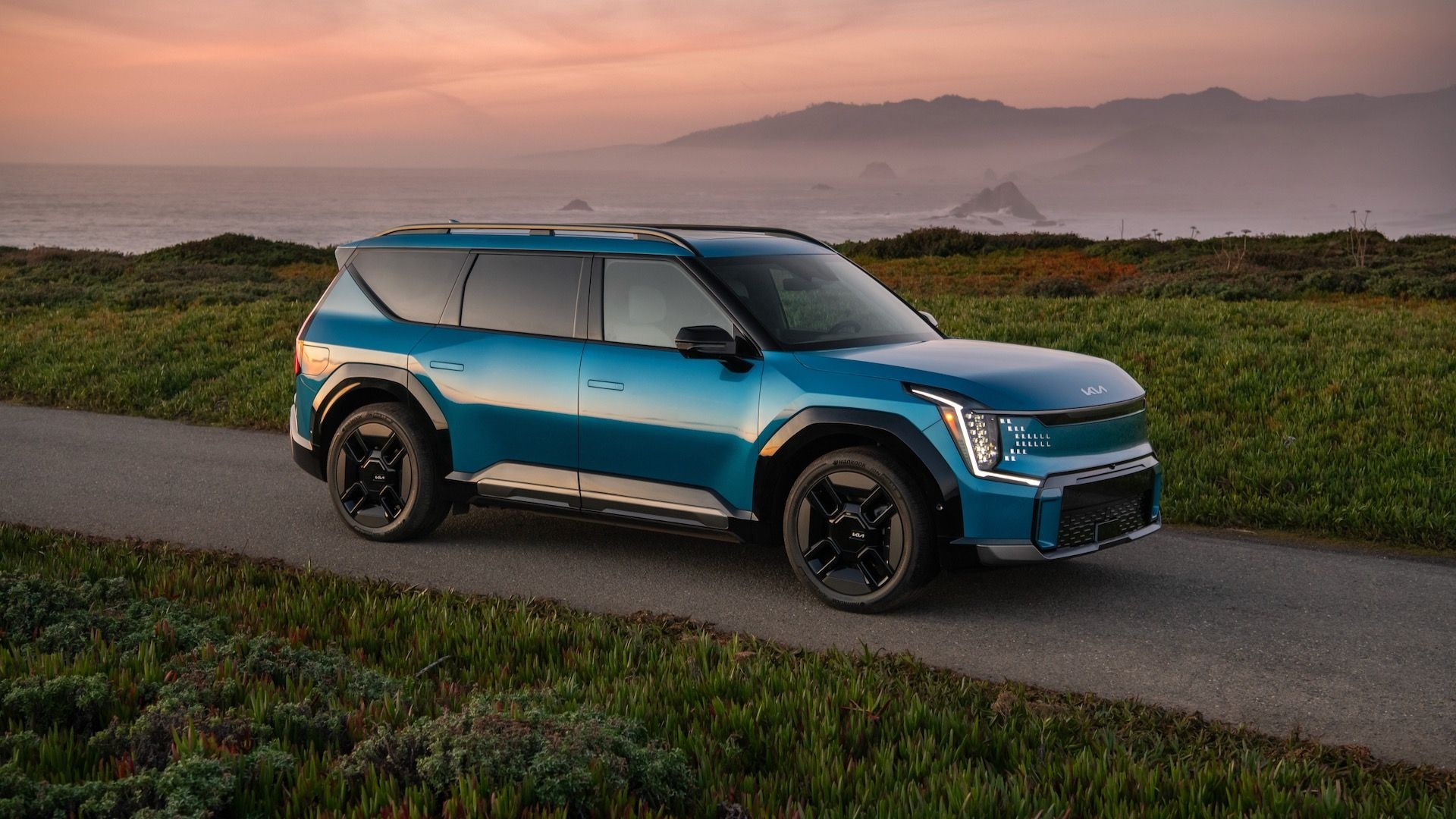Israeli startup StoreDot has begun shipping samples of its fast-charging batteries to automakers for real-world EV testing.
The samples are 30-Ah lithium-ion pouch cells "in EV form factor," StoreDot said in a press release, maintaining its claim that these batteries can add 100 miles of range from just five minutes of charging. To put this into perspective, each 2170 cell that goes into the Tesla Model 3 and Model Y is up to 4.8 Ah.

2023 Polestar 2
The sample cells will go to automakers that have invested in StoreDot, including Daimler, VinFast, Polestar, Volvo, and Ola Electric, the release said. And BP is among the other investors in StoreDot.
The startup aims to put cells based on this design into mass production in 2024, and then move on to faster-charging versions. It aims to cut the time to add 100 miles of range to three minutes in 2028, and two minutes by 2032. StoreDot is partnering with Chinese firm EVE Energy for production of the initial version, dubbed "100in5," but it hasn't confirmed whether it will pursue other manufacturing deals for other cell variants.

Vinfast VF7
StoreDot's tech revolves around a silicon-dominant anode, with chemistry optimized by an artificial-intelligence algorithm, the startup claims. It first began discussing plans for fast-charging EV batteries in 2015, and has slowly accrued investors since then. It's easy to see the appeal, as a an EV that recharges in about the same time as it takes to refuel a gasoline car represents a Holy Grail of battery tech.
StoreDot isn't the only company at work on this tech. Mercedes-Benz announced that it's planning to use silicon-anode tech from Sila in the upcoming EQG electric SUV. The EQG is an electric analog of the G-Class off-roader scheduled to launch in 2024, although the silicon-anode chemistry will be used for an extended-range version that might debut sometime after that.












